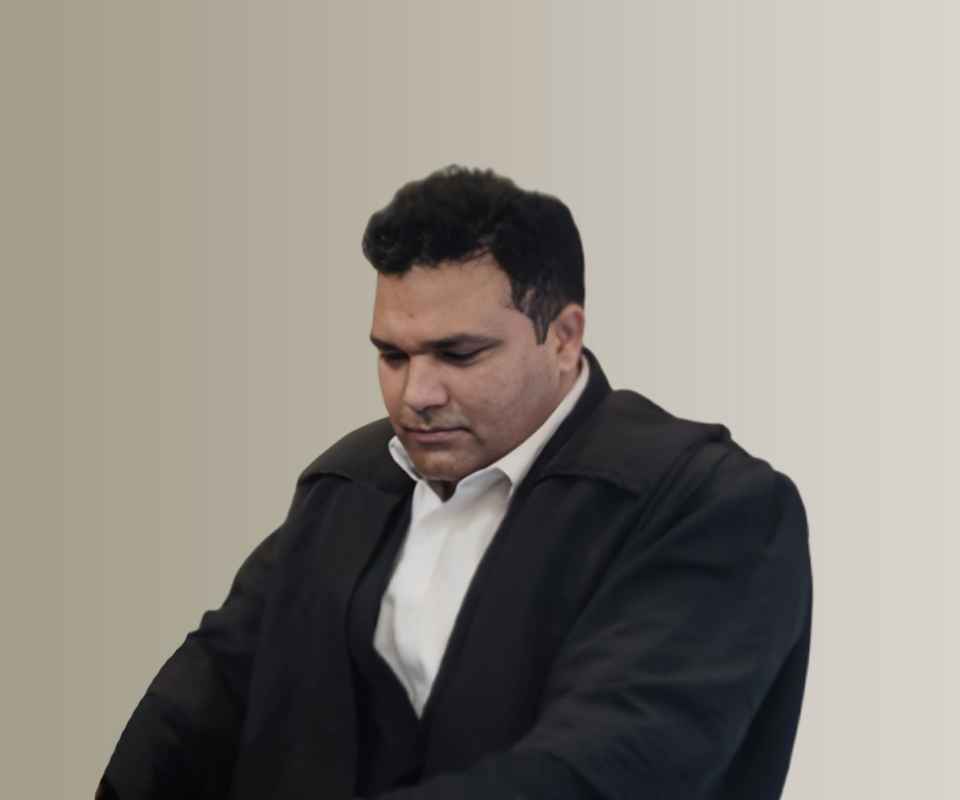Answer By law4u team
The Medical Council of India (MCI) plays a pivotal role in regulating medical education and training in India. It ensures that medical colleges meet required standards of education, infrastructure, faculty, and curriculum, thereby maintaining the quality of medical professionals in the country. However, after the establishment of the National Medical Commission (NMC) in 2020, the MCI's functions were transferred to the NMC, which continues to regulate medical colleges in India.
Key Functions and Responsibilities of the Medical Council of India (MCI) in Regulating Medical Colleges:
Accreditation and Recognition of Medical Colleges: One of the primary functions of the MCI (and now the NMC) was to grant recognition and accreditation to medical colleges in India. The MCI assessed the eligibility of medical institutions to offer medical degrees, ensuring that these institutions met prescribed standards for infrastructure, teaching facilities, faculty, and hospital support.
Setting and Monitoring Educational Standards: MCI was responsible for setting and updating the curriculum for medical education in India. It formulated guidelines on the duration and content of medical courses, ensuring that students received comprehensive training in theory and practical skills. It also monitored medical institutions for adherence to these guidelines.
Faculty and Infrastructure Regulations: MCI ensured that medical colleges had qualified faculty and appropriate infrastructure. The MCI inspected medical colleges periodically to ensure that they had adequate teaching staff with required qualifications, laboratories, classrooms, libraries, and hospitals for clinical training.
Licensing and Recognition of Medical Qualifications: The MCI oversaw the recognition of medical degrees issued by Indian medical colleges. After the completion of the medical program, students could only practice medicine in India if their qualifications were recognized by the MCI (now NMC). The MCI also regulated the Medical Licensing Examination, ensuring that medical graduates were qualified to practice medicine.
Inspection of Medical Institutions: MCI conducted regular inspections of medical colleges to verify their compliance with standards and regulations. These inspections covered areas such as faculty strength, patient care services, hospital infrastructure, and laboratory facilities. If any medical college failed to meet the required standards, it faced penalties, including suspension or revocation of recognition.
Continuing Medical Education (CME): The MCI mandated that practicing medical professionals keep updating their knowledge through Continuing Medical Education (CME) programs. These programs were essential for maintaining medical licensure and ensuring that healthcare professionals stayed updated with the latest advancements in medicine.
Disciplinary Action and Complaints Handling: The MCI had the authority to take disciplinary action against medical colleges that violated regulations or failed to meet the required standards. It could also handle complaints from students or faculty regarding malpractices, substandard facilities, or unethical practices in medical institutions.
Setting Admission Standards: The MCI set the standards for admissions to medical colleges, ensuring that admission processes were fair and transparent. The MCI also regulated the number of seats in each college and the distribution of medical seats based on merit.
Transition from MCI to National Medical Commission (NMC):
In 2020, the Medical Council of India (MCI) was replaced by the National Medical Commission (NMC) under the National Medical Commission Act, 2019. The NMC assumes the functions previously handled by the MCI, but with enhanced powers and a broader mandate for improving medical education and healthcare in India. The NMC has streamlined the regulatory process and continues to regulate medical colleges, ensuring better transparency and quality in medical education.
Example:
For example, if a new medical college is set up in a state, it must undergo a thorough inspection by the MCI (or NMC) before it can admit students. The college must demonstrate that it has qualified faculty, adequate infrastructure, a teaching hospital, and other necessary resources. The MCI would assess these factors and grant or deny recognition based on the college's adherence to the prescribed standards.
Legal Actions and Protections:
Appeals and Complaints: If a medical college believes that the MCI or NMC has unfairly revoked its recognition or accreditation, it has the right to appeal to the NMC or relevant authorities. Similarly, students or faculty members can file complaints regarding substandard facilities or unethical practices within medical colleges.
Ensuring Accountability: The NMC (formerly MCI) holds medical colleges accountable for any deviations from established standards. Disciplinary actions can range from warnings to the suspension of admissions or de-recognition of the institution.







